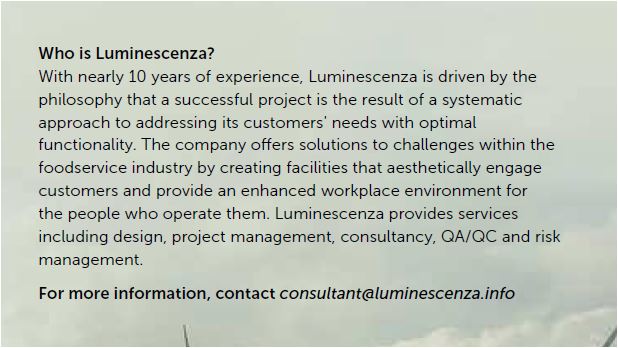

While it is inevitable that hotels and restaurants generate considerable amounts of food waste, this is also cause for concern for relevant authorities. Therefore, control measures must be put in place to control food waste in hotel and restaurants.
Hotels use various methods for managing their food waste. Conventionally, prevention is followed by reusing, recycling and, finally, landfilling. Unfortunately, the majority of operators skip several steps and just end up landfilling, causing numerous and noticeable environmental hazards.
The priority for restaurants and hotel-management companies is to reduce food waste using several methods, including:
Conducting food waste audits
This involves analyzing and monitoring food waste, from the point of origin to the point of disposal. The quantity of food wasted and the number of customers entering the restaurant are the two main variables to be considered throughout the tracking process. This information helps managers to identify the primary causes of food waste. A log helps to keep track of what kind of food is thrown away, why it is thrown away and how much of it is thrown away.
Avoiding the habit of wasting ingredients before use
To help restaurant management understand how long food products must be stored before they can be used in the restaurant, an inventory review exercise must be carried out. By doing this, there is less chance of ordering too much and throwing away perishable food items.
Preventing leftovers
This arises when waiters serve food portions to customers that can’t be finished. To help prevent this, service staff should improve their accuracy when taking orders to avoid overserving customers.
Creating a plan for leftovers and food waste is considered mandatory. Here’s what it involves:
1. Identifying the quantity of different types of food waste and setting aside specific containers for disposing waste.
2. Sorting and weighing food waste and separating items that can be recycled, such as food packages, glass, paper and plastic bottles.
3. Food waste compost can be made at home using specific equipment, like the popular Kwik composter machine.
Alternatively, a suitable recycling partner can be sourced. Its is mandatory for each foodservice outlet to have a dedicated food waste area equipped with chillers, sanitizers and recycling and de-watering machinery to properly manage waste and reduce the environmental, health and financial impact of its operations.

Georges Haddad,
Owner
Luminescenza

















